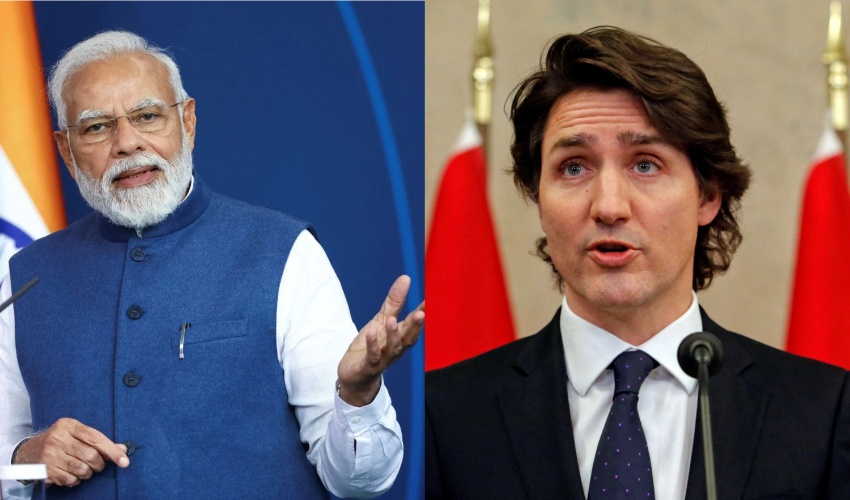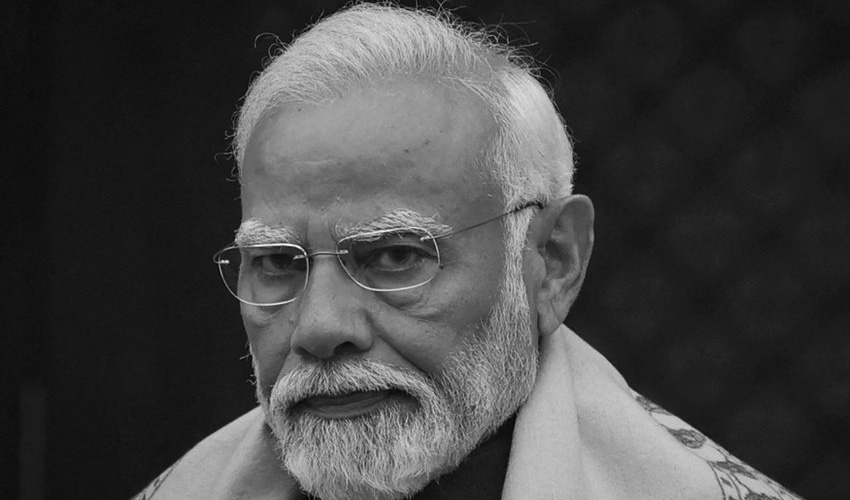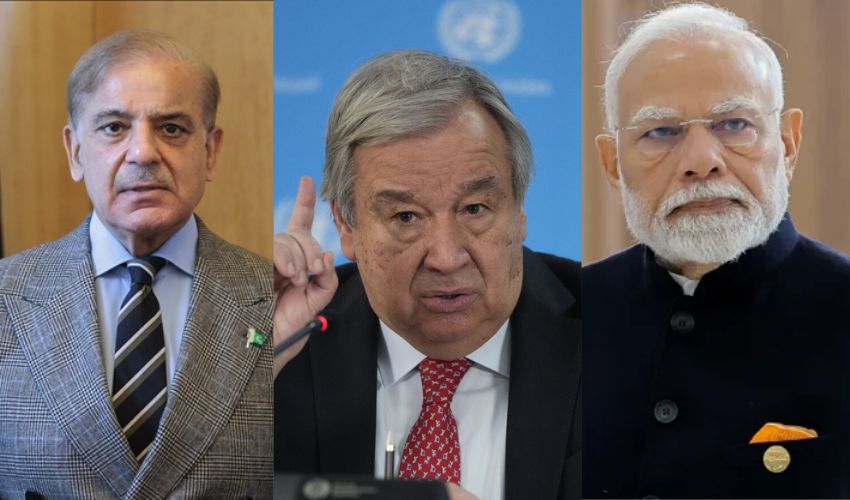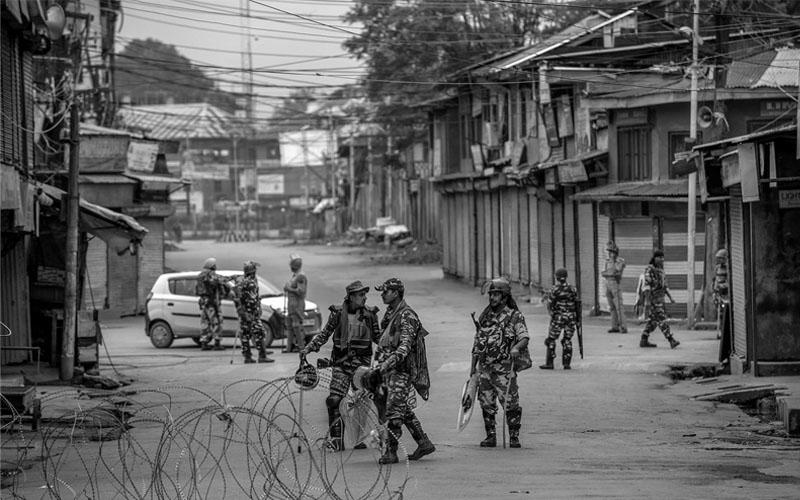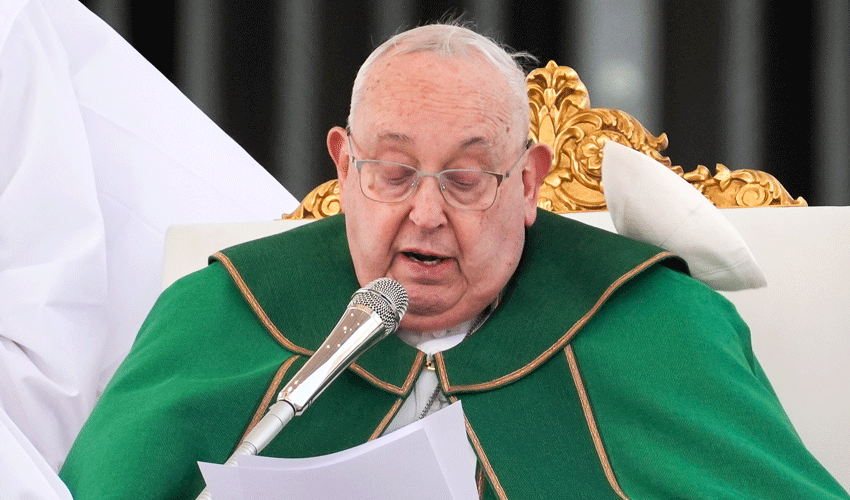Canada's relationship has been marred by long-standing grievances on both sides. India contends that Canada has been soft on supporters of Khalistan, an independent Sikh nation, which has caused resentment in New Delhi.
Conversely, Canada accuses India of interfering in its domestic politics. These deep-seated issues have continually strained bilateral ties.
Diplomatic fallout over allegations escalates
Following Prime Minister Trudeau's accusations, the diplomatic standoff escalated with reciprocal expulsions. Canada expelled Pavan Kumar Rai, the head of the Canadian unit of India's Research and Analysis Wing (RAW), while India retaliated by expelling a senior Canadian diplomat. These actions reflect the growing tensions between the two nations.
The recent allegations by Trudeau are not isolated incidents. Just a week before, Prime Minister Narendra Modi and Trudeau engaged in a reportedly testy exchange during the Group of 20 summit in Delhi.
Both leaders conveyed their concerns, with Modi highlighting "continuing anti-India activities of extremist elements" in Canada, and Trudeau emphasizing the importance of the rule of law and international rules-based order.
Khalistan issue resurfaces
The core issue driving the deterioration of India-Canada relations is the accusation that Canada provides a platform for Khalistani outfits, allowing them to organize referendums on Khalistan. Canada's significant Indian diaspora, particularly Sikhs, plays a pivotal role in this contentious matter. Recent incidents, including a controversial parade tableau referencing the 1984 attack on the Golden Temple in Amritsar, have further fueled tensions.
Interference allegations
Canada has reciprocated with allegations of its own, accusing India of interfering in its domestic politics. National Security Adviser Jody Thomas claimed that India was among "state actors and proxies" involved in influencing Canadian politics and elections.
This accusation has added to the complexity of the diplomatic standoff.
Could Indian intelligence be linked?
Speculation has been rife surrounding the assassination of Hardeep Singh Nijjar. Some have alleged Indian intelligence agency involvement. Pro-Khalistan leader Gurpatwant Singh Pannun suggested that Indian authorities were responsible for Nijjar's murder, a claim that has circulated on social media, further complicating the situation.
Sikhs in diaspora caught in crossfire
As the accusations and counter-accusations intensify, Sikhs in the diaspora find themselves caught in the crossfire.
The ongoing diplomatic standoff between India and Canada poses challenges for both nations and has ramifications for the Sikh communities in India and Canada, who are deeply impacted by these developments.





